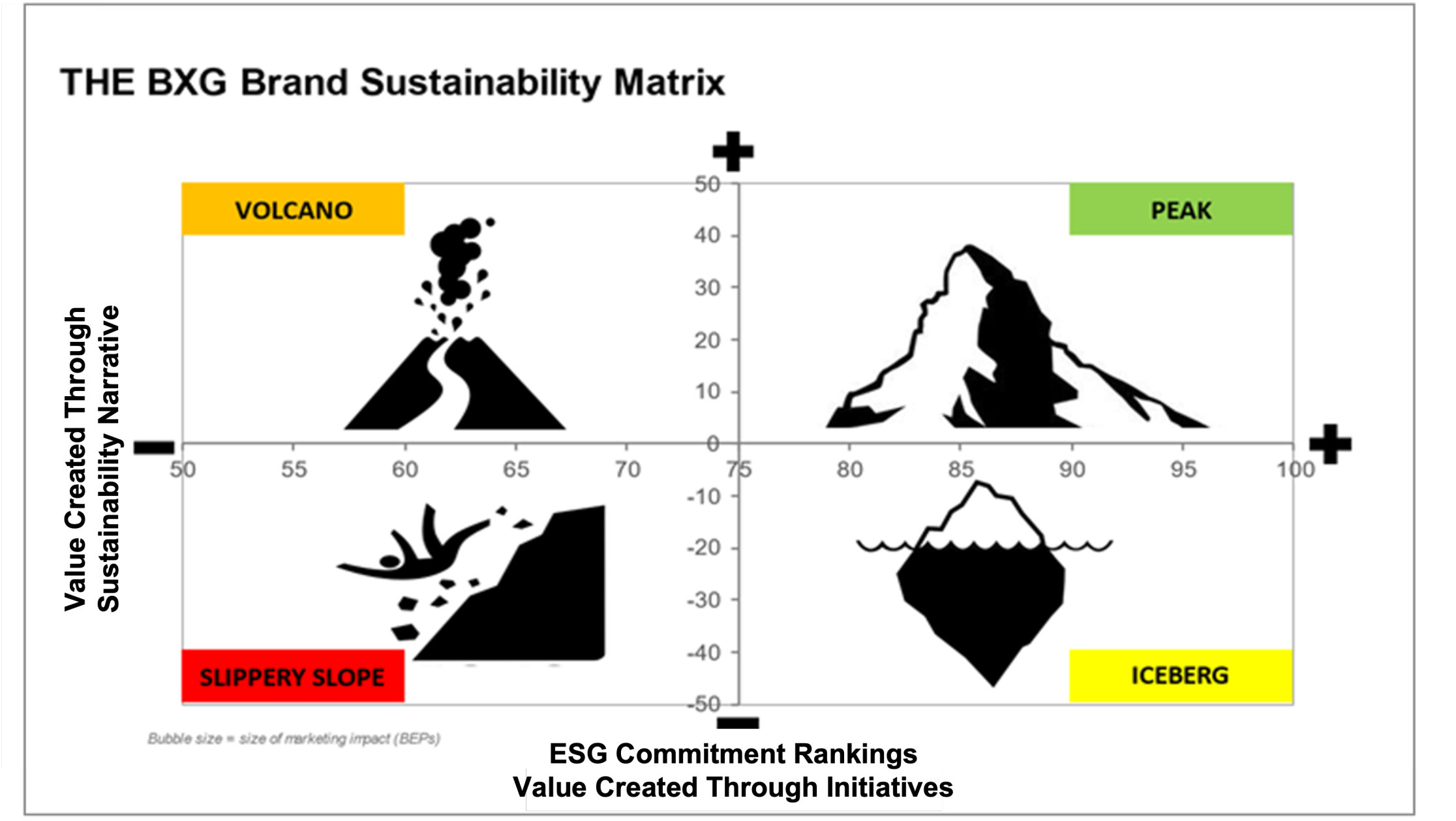
We are currently experiencing a major change in businesses approach to sustainability. Many companies abandon their previous focus on CSR as a defensive strategy to instead consider sustainability as the key to value creation. CSR is increasingly seen as a way to buy itself free from responsibility for a business model that involves making money while destroying the planet. Sustainability, as value creation, is about making money while benefiting the planet.
Unfortunately, the link between the benefit to the planet and business value is not fact-based. Management often believes and hopes that sustainability initiatives will benefit both the planet and business and that all stakeholder groups will also benefit. There are many reasons why we should create a fact-based link between sustainability and business value, perhaps most importantly, it will give strong arguments to management that really wants to drive work on sustainability.
The insight of what is about to happen exists in most companies. But short-term and essentially defensive moves aimed at not falling behind and losing competitiveness will not help any brand. Longterm success requires a real commitment to sustainability combined with a carefully developed communication strategy. The winners of the future will be the brands that both act and communicate effectively.
The surveys conducted by Brand Experience Group in several countries show that you can divide brands into four different categories based on how they act and how they communicate.

Peak – the green stars
Brands that both act and communicate effectively: these become winners in the sense that investments in sustainability create business value. Our measurements in different industries show that most market leaders do not place themselves in Peak. This means that they lose sales and market share by not being effective in their sustainability communication.
Volcano - greenwashers
Brands that exaggerate their efforts, i.e. they only do what is necessary according to laws and regulations while speaking about it as uniquely sustainable, often with floating concepts such as "green" or "climate smart". These brands are referred to as greenwashers, they have a sustainability narrative that is not backed by real activities. In addition to the immorality of this behavior, the business risks are considerable especially when faced with strong consumer reactions as a result. There must be a real positive environmental impact in order to use the concept of “environmentally friendly”. Being better than the competition is not enough. Sometimes brands emphasize aspects of what they do as good for the environment, but in their core business they continue as usual. For example, a fuel chain that promotes one of its products, e.g. environmental diesel, while all other products in the range and their operation as a whole are a major environmental problem.
Iceberg – most goes on under the surface
Brands in this sector do what it takes to earn the epithet “sustainable” but are ineffective at telling stakeholders about all the good things they do. These brands can be described as the opposite of greenwashers. If the company's commitment to sustainability is to lead to business benefits, it is necessary to tell end-users about it. Exaggerations create greenwashing while fair, balanced and effective communication about what you actually do creates business value. If a brand does not manage to reach out to key stakeholders with its sustainability narrative, conscious consumers will not be attracted, sales to growing target groups will be limited, candidates will not be more positive to the company as potential employer and so on.
Slippery Slope – the biggest risk
It is considered increasingly adventurous to underperform in sustainability. Investors are pulling away, the best talents are not attracted and customers are becoming increasingly hesitant. Companies or brands that do not take sustainability issues seriously nor try to create any narrative about it, are increasingly seen as a business risk. One should not buy any shares in a Slippery Slope brand.
Winners and losers
A study by UK grocery chains carried out in June 2021, shows that the three leading chains are collectively losing £7bn in sales due to failing to communicate effectively about what they are actually doing in sustainability. The study shows that only one of the three leading chains manages to use sustainability to create increased sales. One winner and two losers - A winner who is placed in Peak and two losers in Iceberg.
How to create a Peak brand?
Everyone realizes that there is now a race towards Peak, i.e. everyone wants to become one of the brands that places themselves in the top right field. The pursuit of the goal requires ambitious work in all of the company's functions. Most important is the work required to move to the right side of the model and to be ranked as best in the class in its category. A sustainability strategy to guide and prioritize sustainability work is closely linked to other organizational strategies - business strategy, innovation strategy, product strategy, etc.
Brand Experience Group and MCA® for Sustainability will focus on supporting the journey north, i.e. increasing the efficiency of the work to get the narrative of sustainability initiatives out to priority stakeholder groups. Our analysis of the brands that are most successful at positioning themselves in Peak shows a number of principles.
If you want to know more about how to create a Peak brand, read the next section here.
Explanation of the matrix
The horizontal axis of the MCA® Sustainability Matrix describes the extent to which a brand or company acts in sustainability. We have used published data to describe the company's exposure to sustainability risks (these are specific to different industries) and how well or poorly the company manages these risks.
The vertical axis of the model describes how successful a brand or company is in informing its stakeholder groups about what it is doing in sustainability. Through the MCA® Sustainability Monitor study, we measure the Brand Sustainability Index, which is a measure of the overall commitment the company's sustainability initiatives create.
